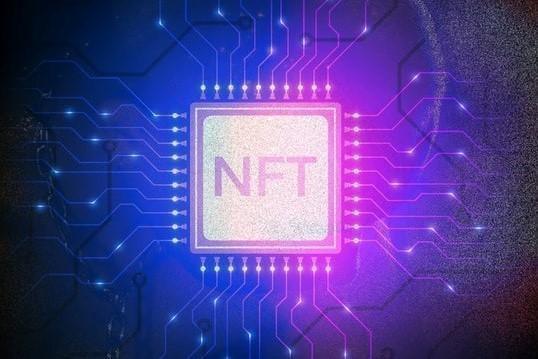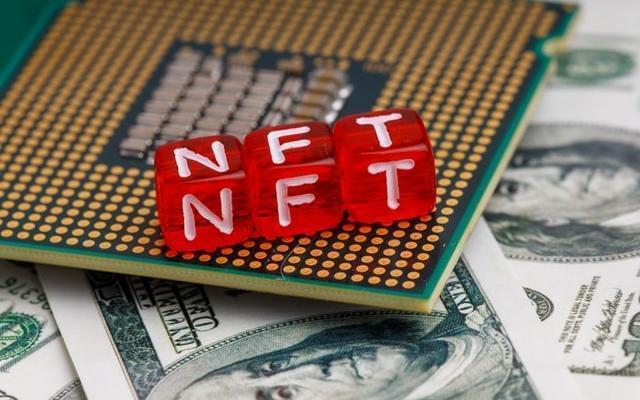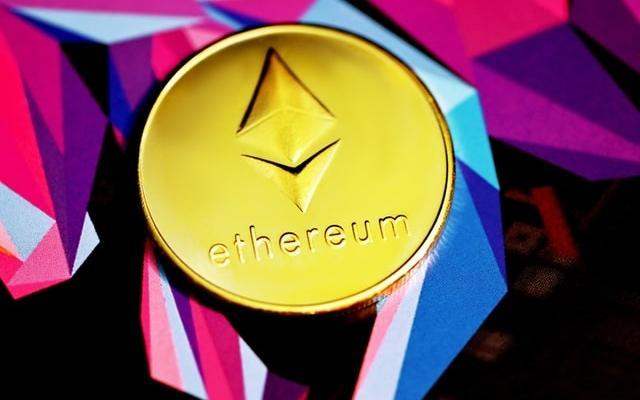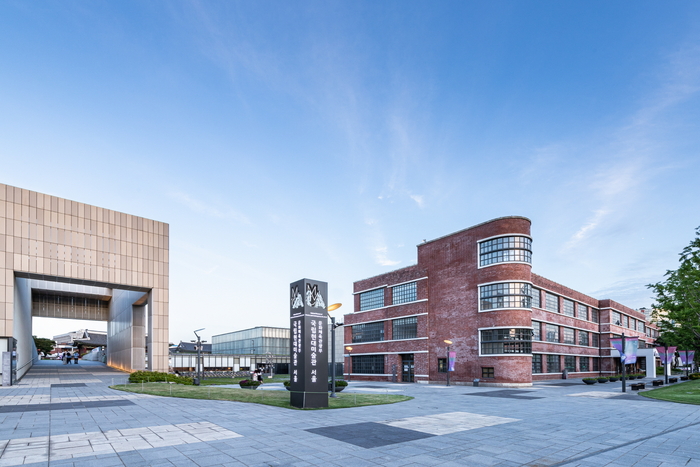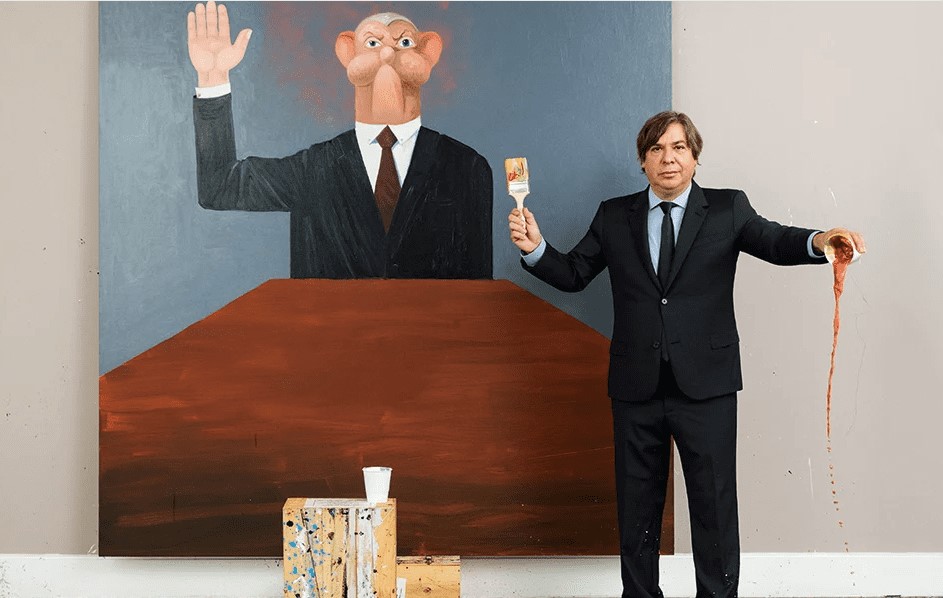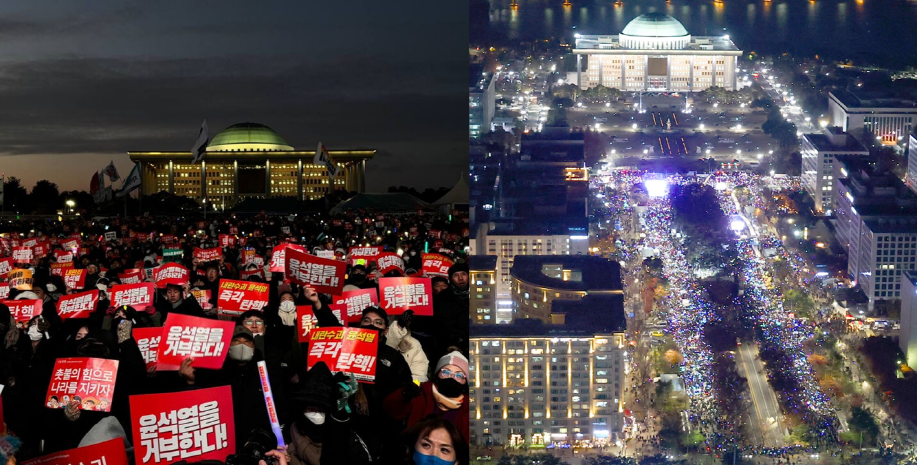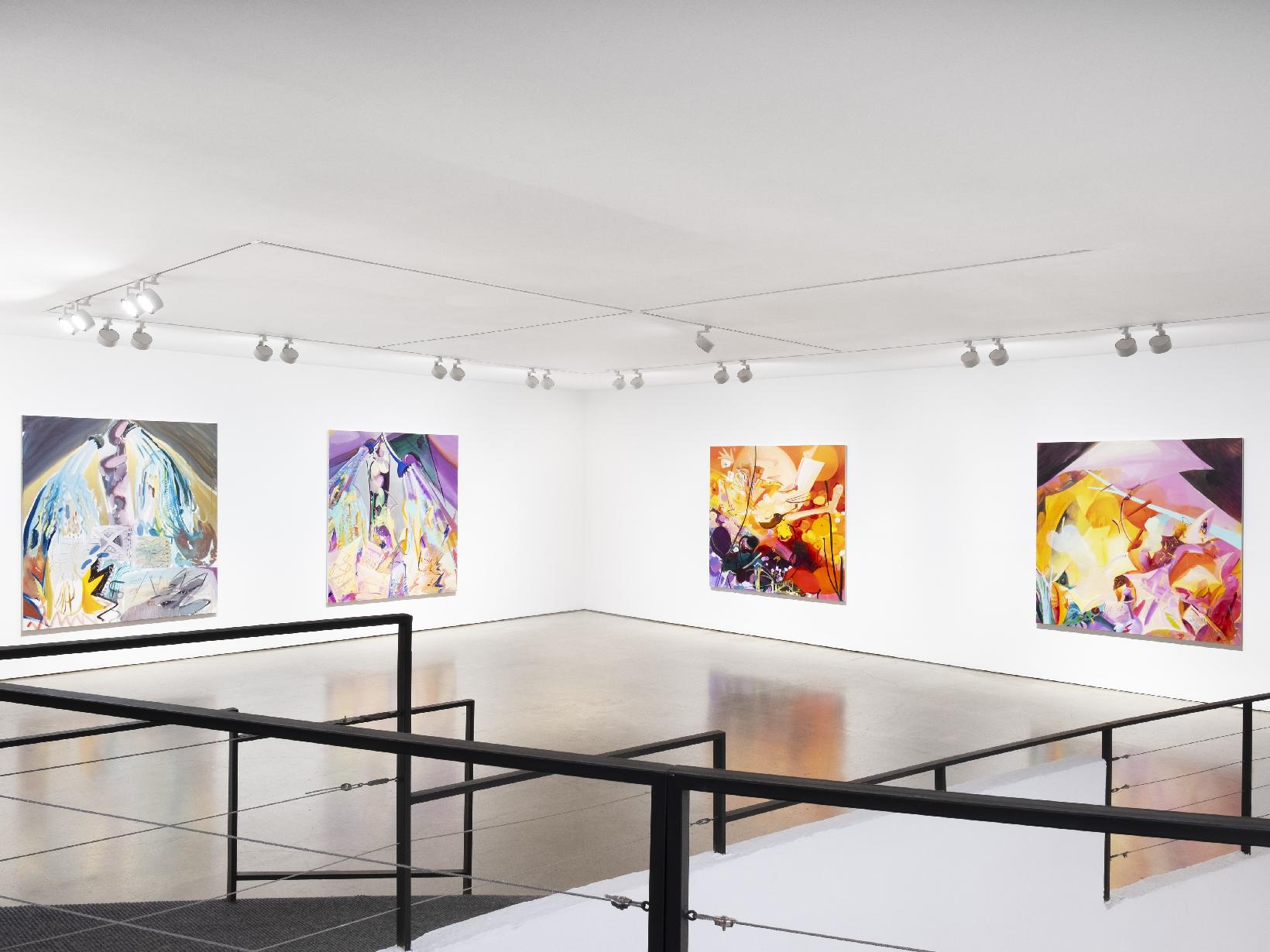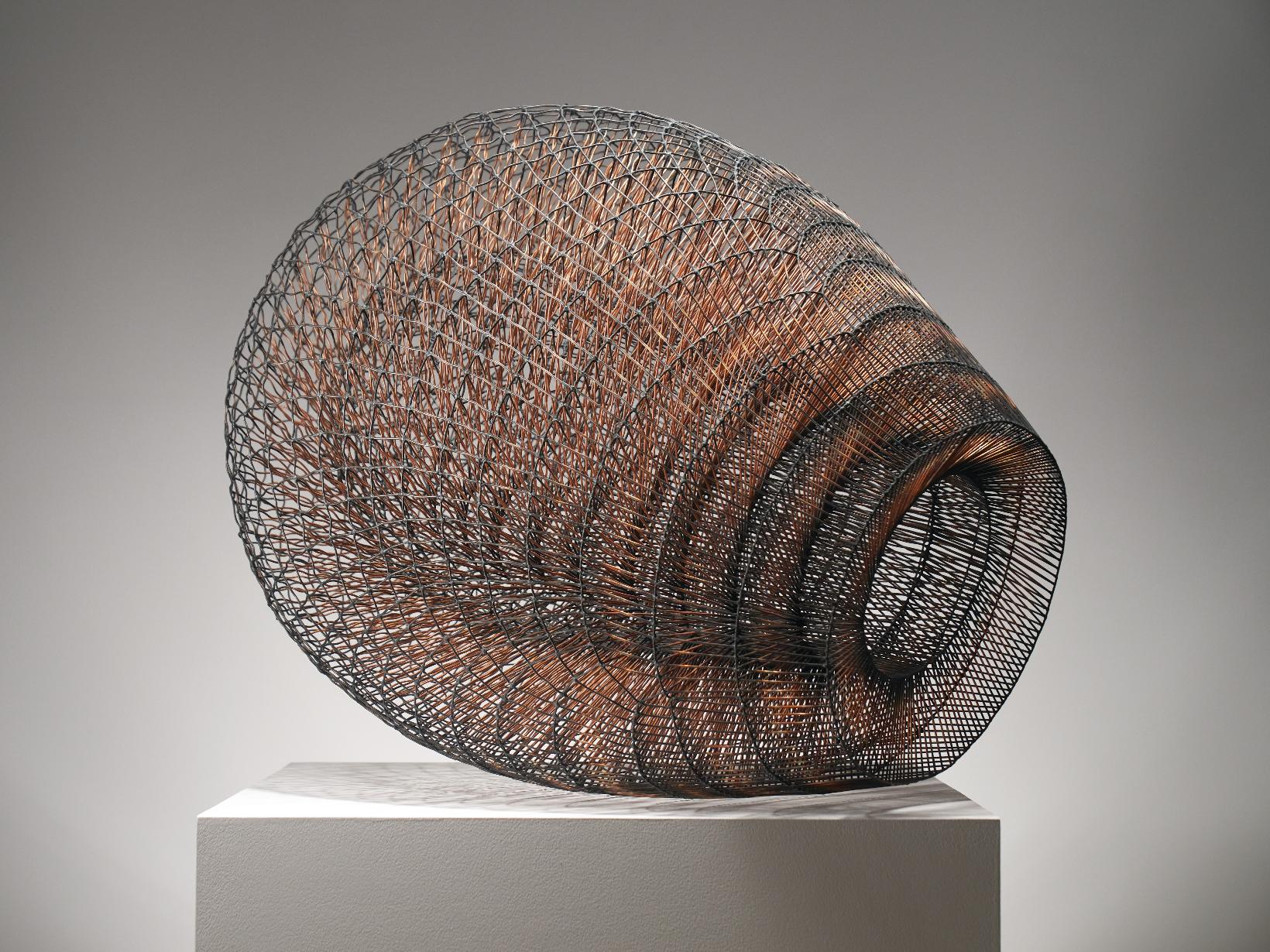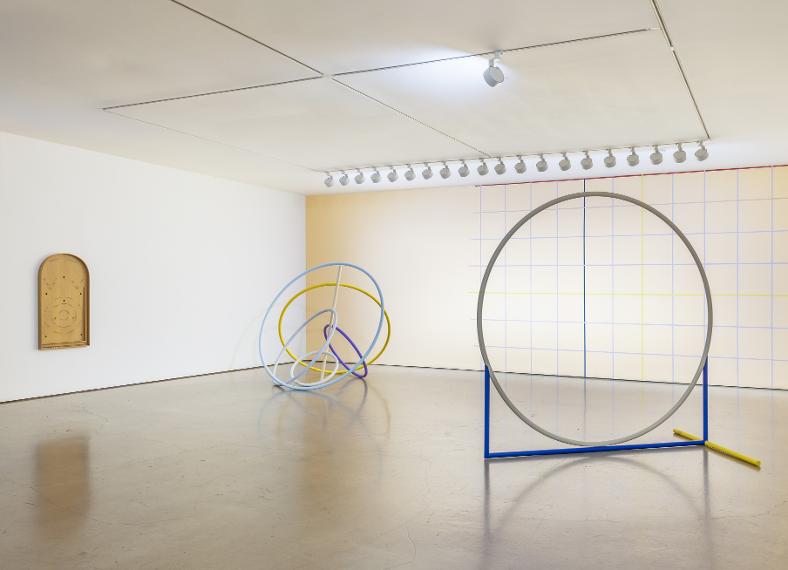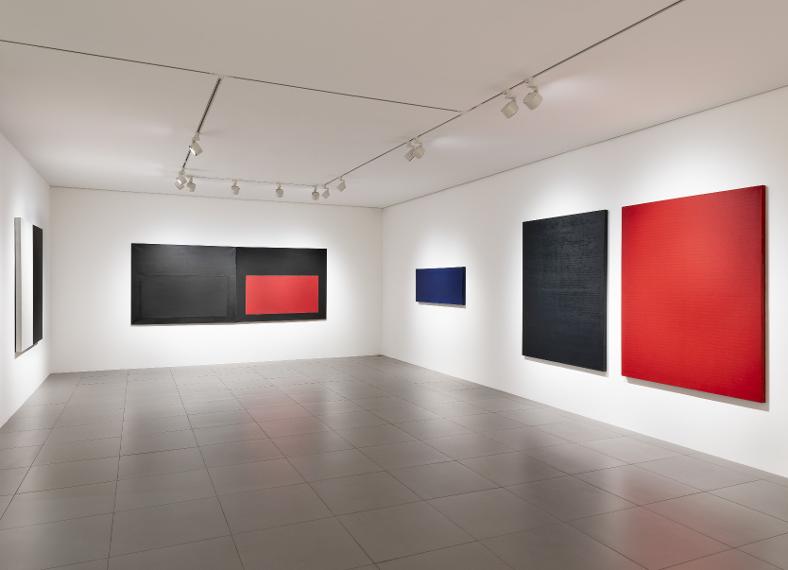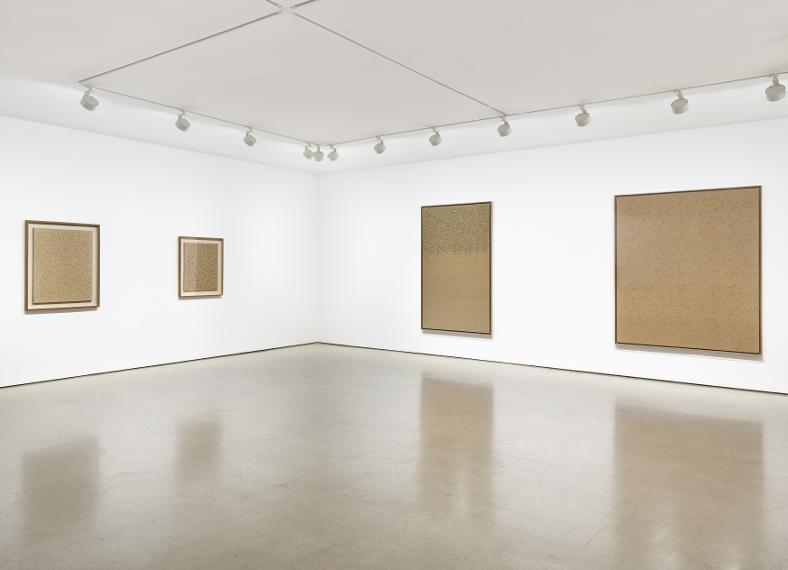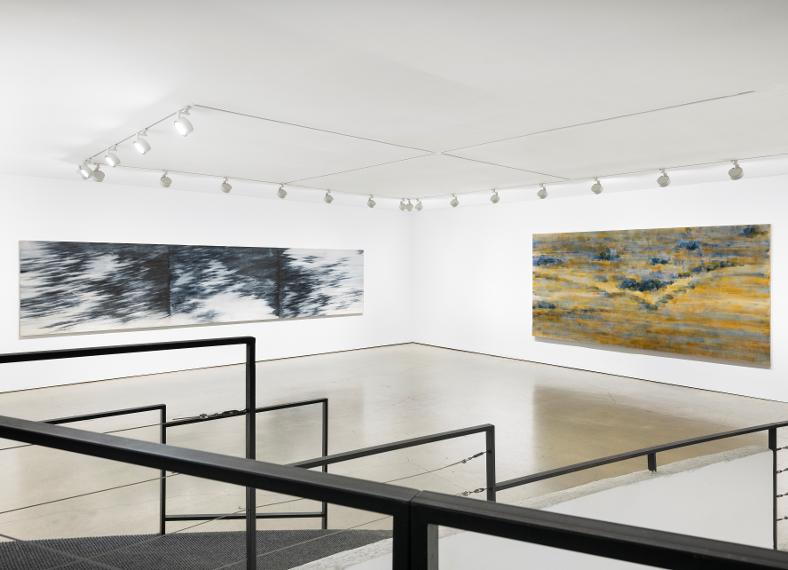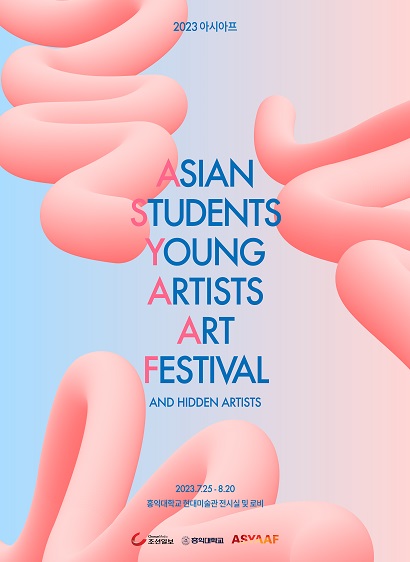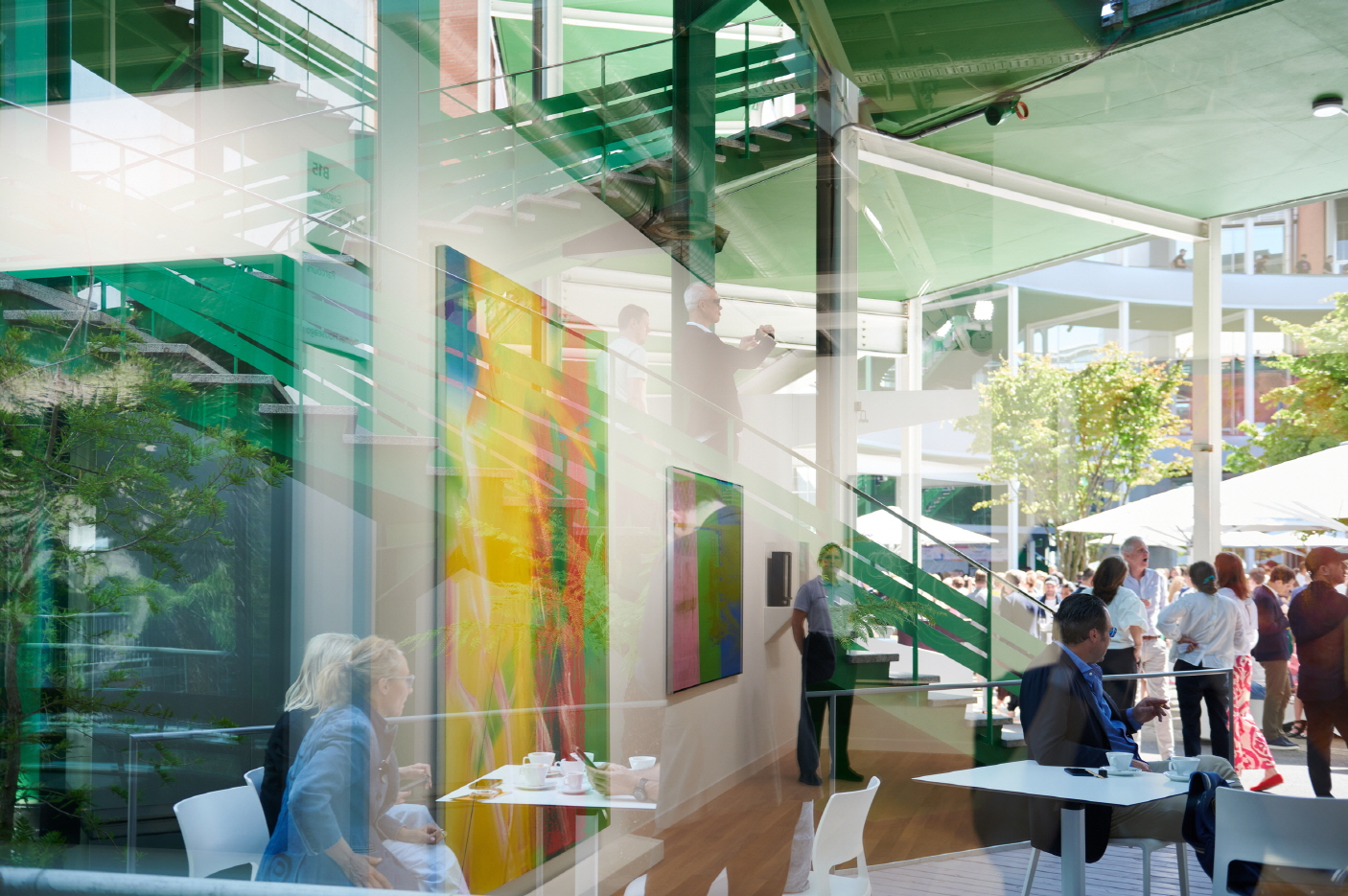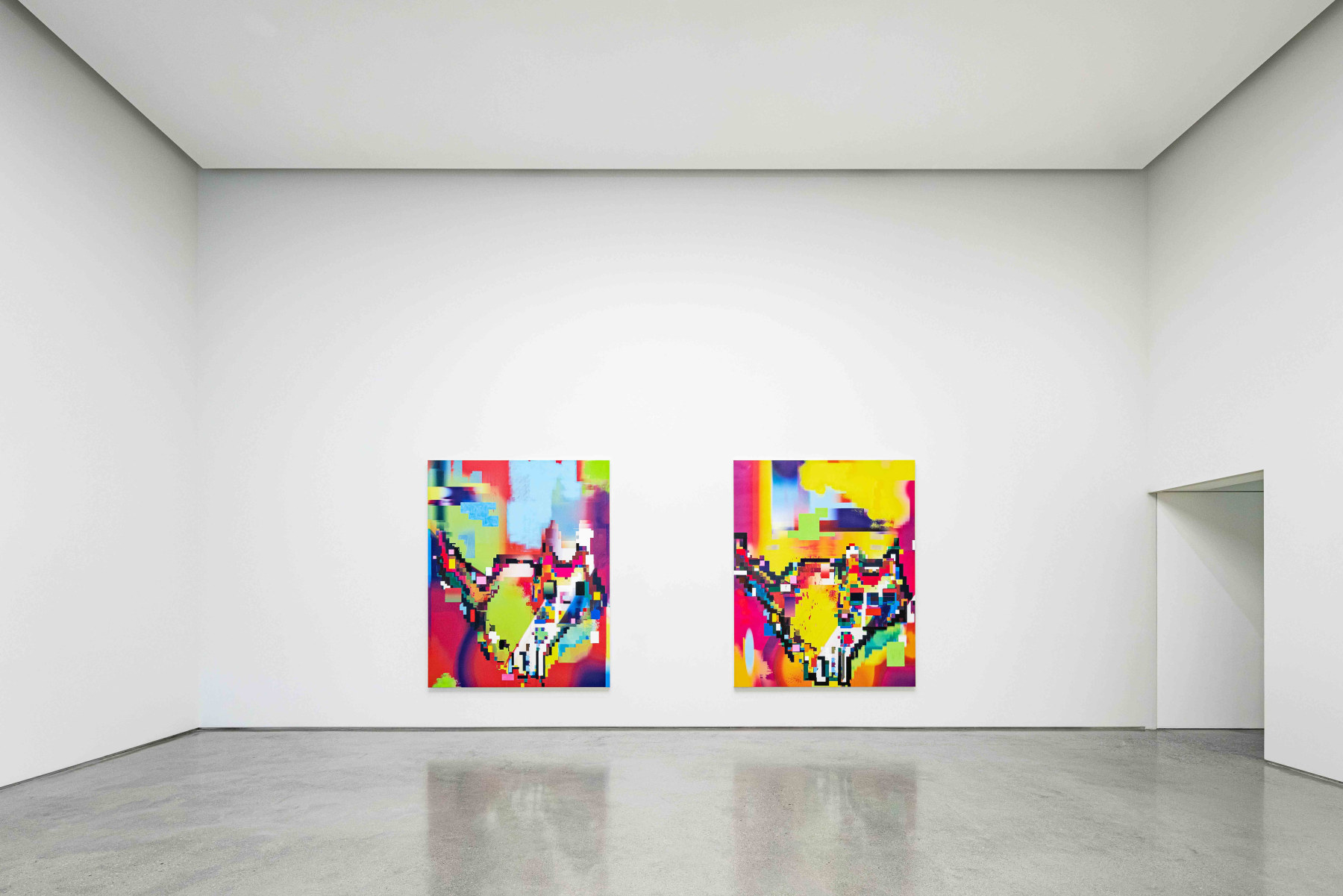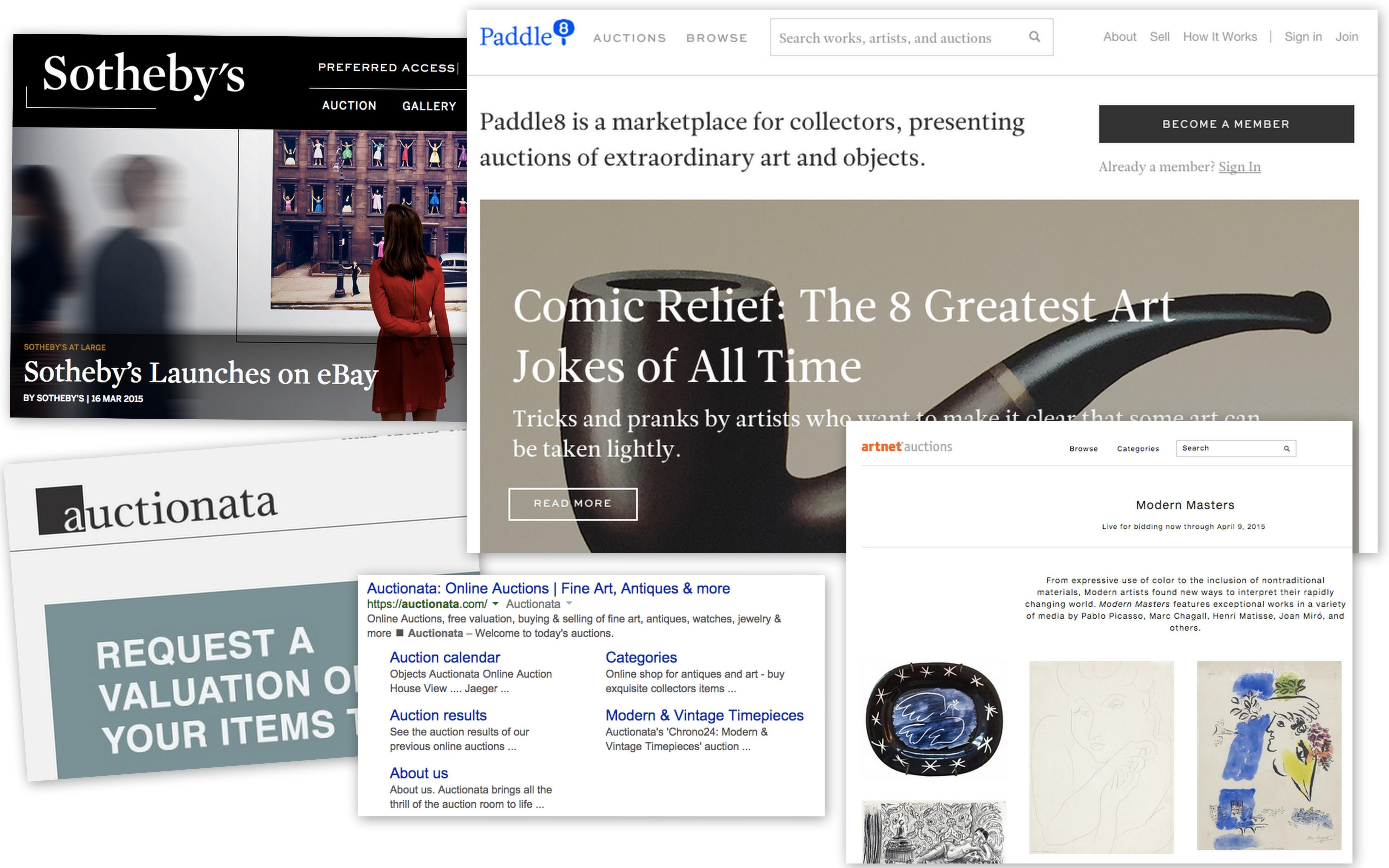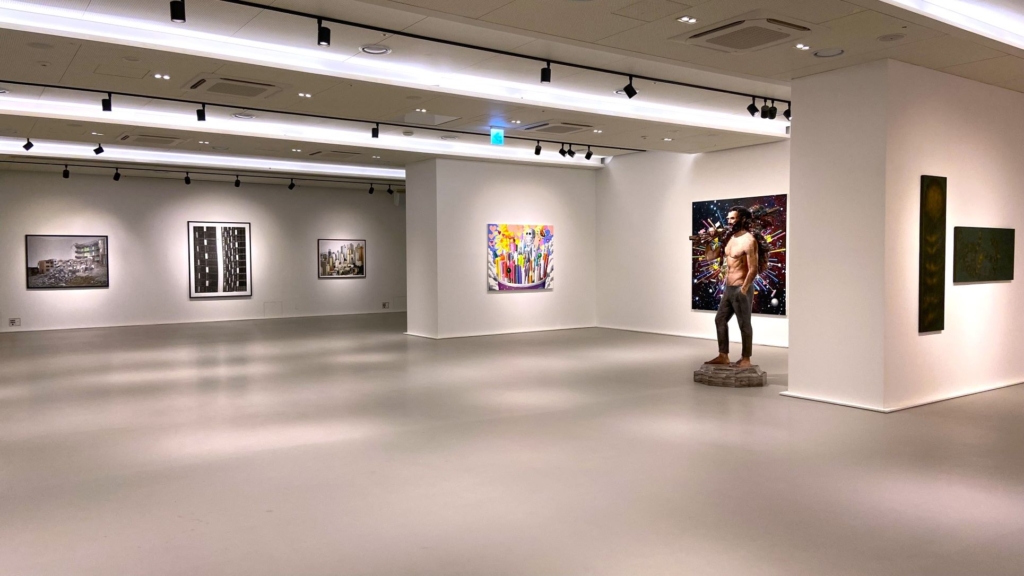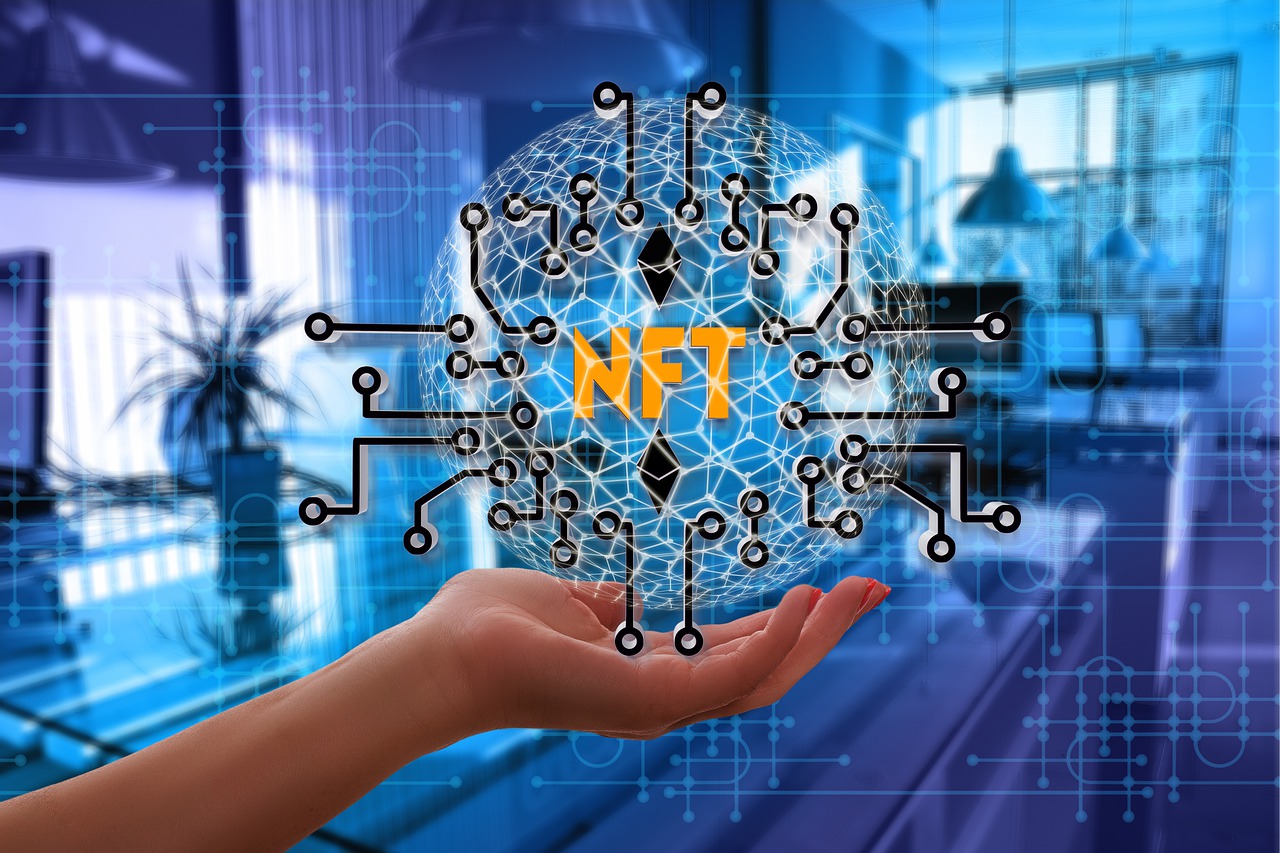NFTs have been highly successful in bringing many new investors into the art world in a short amount of time.
A blockchain data company Chainalysis estimated the whole NFT market size to be a $41 billion market in 2021. And according to the Hiscox Online Art Trade Report 2021, NFT art sales reached around $3.5 billion from January to September 2021.
Like the global art world, NFT art drew a lot of attention in South Korea, and many new NFT art platforms emerged in the country in 2021.
The NFT art platform XXBLUE was opened in November 2021 and is run by Seoul Auction Blue, an online art auction platform and a subsidiary of Seoul Auction.
Ground X, a subsidiary of the South Korean conglomerate Kakao Group, launched the digital art market platform Klip Drops in 2021, which the Galleries Association of Korea has signed an agreement with to allow member galleries to upload NFT works.
Other Korean galleries, including Hakgojae, the Geumsan Gallery, the Pyo Gallery, and the Arario Gallery, were some of the first to adopt the new art form and distribute NFT works through various projects.
As much as the emerging digital art market brings incentives, the NFT art market has also exposed various risks,
such as copyright infringement; rug-pull schemes where crypto developers run away with investors’ funds; wash trading, a method of intentionally raising the price of NFT work through repetitive bidding; and numerous other issues.
In Korea, a copyright infringement case happened in 2021.
A marketing company tried to auction some digital copies of original works of prominent Korean artists. The auction were later withdrawn because the copyright holders of each artwork did not verify that the company had the proper right to mint the works to NFTs.
As NFT art remains confusing to both artists and collectors, Do Hyung-Teh, president of Gallery Hyundai and Andy Ku, CEO of the virtual platform company ALTAVA Group co-founded AIT Inc., a startup NFT art company partly aiming to bring some sense of order into the digital art market.
AIT announced on the ninth that it will open ‘ETNAH,’ a digital art platform focusing on NFT artworks, this May as a trial. It will officially open to the public in August.
ETNAH will abide by a strict contract that guarantees 10% from each sale to the participating artists. The platform will also work on a regulation that prohibits any trade of NFTs that infringe upon copyrights.
Also, ETNAH will provide wider payment options for buyers. While it will be an Ethereum-based platform, it will also be accepting credit card payments for those who are unfamiliar with cryptocurrency or otherwise prefer other payment forms.
As collectors have had a difficult time finding basic information on the artists of their NFT collections, the platform will be providing the information for the collectors.
“Credibility on the NFT platforms has not been high in Korea, and the market has cooled down a bit, but there is a possibility that the market will emerge again,” said Hwang Dal-seung, chairman of the Galleries Association at MunhwaIlbo, a Korean news media.
He further explained that there is a high chance that interest in NFT art will rise again, as there is a growing number of local galleries joining hands with international companies to target overseas art markets, and NFT art is likely to appear in KIAF and Frieze, the two art fairs that will be held concurrently this September.
Some expect that the emergence of a new NFT art platform will bring about changes in the art field to create a safer place to transact NFT artworks
*ETNAH, whose primary focus is to promote promising Korean and international artists through its platform, will be working with the Whanki Foundation to mint Kim Whanki’s (1913–1974) original artwork to NFTs. The platform will also work with the estates of Lee Jung Seob (1916–1956) and Lee Kun-Yong (b. 1942), who will be some of the first artists to go up on the platform.
AIT will also be working towards creating digital works of Ryan Gander (b. 1976, UK), Kwak In-Sik (1919–1988), Lee Seung Taek (b. 1932), Ik-Joong Kang (b. 1960), Minjung Kim (b. 1962), Moon Kyungwon (b. 1969), Jeon Joonho (b. 1969), Lee Seulgi (b. 1972), Myoung Ho Lee (b. 1975), and Iván Navarro (b. 1972, Chile).



